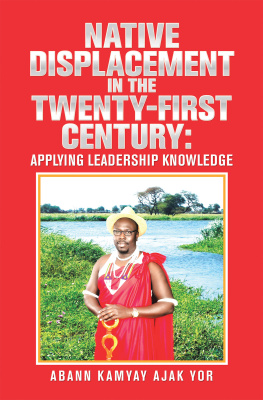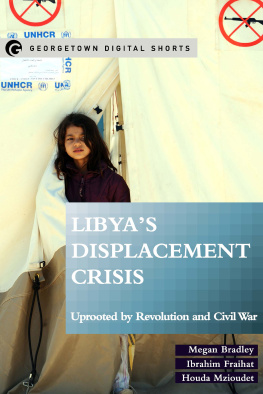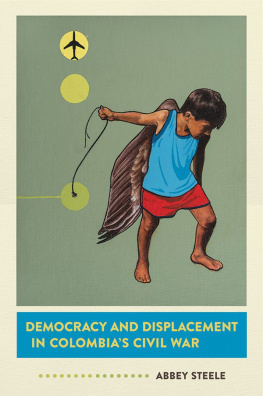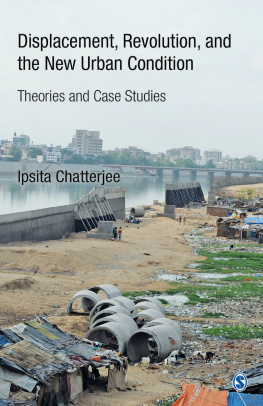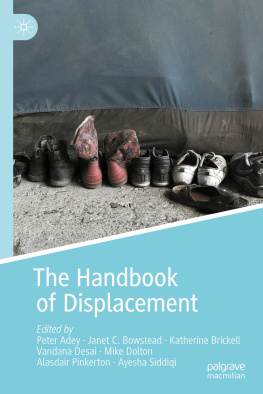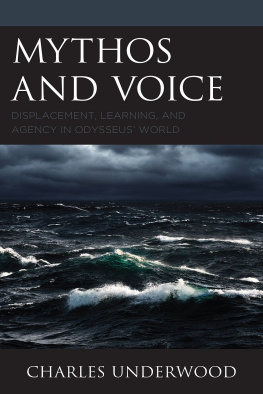New
Ethnographies
Series editor
Alexander Thomas T. Smith
Already published
The British in rural France: Lifestyle migration and the ongoing quest for a better way of life Michaela Benson
Ageing selves and everyday life in the North of England: Years in the making
Catherine Degnen
Salvage ethnography in the financial sector: The path to economic crisis in Scotland
Jonathan Hearn
Occupational health and social estrangement in China
Wing-Chung Ho
Chagos islanders in Mauritius and the UK: Forced displacement and onward migration
Laura Jeffery
South Korean civil movement organisations: Hope, crisis and pragmatism in democratic transition
Amy Levine
Integration in Ireland: The everyday lives of African migrants
Fiona Murphy and Mark Maguire
Environment, labour and capitalism at sea: Working the ground in Scotland
Penny McCall Howard
An ethnography of English football fans: Cans, cops and carnivals
Geoff Pearson
Iraqi women in Denmark: Ritual performance and belonging in everyday life
Marianne Holm Pedersen
Loud and proud: Passion and politics in the English Defence League
Hilary Pilkington
Literature and agency in English fiction reading: A study of the Henry Williamson Society
Adam Reed
International seafarers and transnationalism in the twenty-first century
Helen Sampson
Tragic encounters and ordinary ethics: The Palestine-Israel Conflict in British universities
Ruth Sheldon
Devolution and the Scottish Conservatives: Banal activism, electioneering and the politics of irrelevance
Alexander Smith
Exoticisation undressed: Ethnographic nostalgia and authenticity in Ember clothes
Dimitrios Theodossopoulos
Immersion: Marathon swimming, embodiment and identity
Karen Throsby
Enduring violence: Everyday life and conflict in eastern Sri Lanka
Rebecca Walker
Performing Englishness: Identity and politics in a contemporary folk resurgence
Trish Winter and Simon Keegan-Phipps
Copyright Mateja Celestina 2018
The right of Mateja Celestina to be identified as the author of this work has been asserted by her in accordance with the Copyright, Designs and Patents Act 1988.
Published by Manchester University Press
Altrincham Street, Manchester M1 7JA
www.manchesteruniversitypress.co.uk
British Library Cataloguing-in-Publication Data
A catalogue record for this book is available from the British Library
ISBN 978 1 5261 0873 9 hardback
First published 2018
The publisher has no responsibility for the persistence or accuracy of URLs for any external or third-party internet websites referred to in this book, and does not guarantee that any content on such websites is, or will remain, accurate or appropriate.
Typeset by Out of House Publishing
To all those who are looking for their place in the world.
All images belong to the author, except for Figure 2, which is drawn by the participant and co-owned with the author.
In 2011 I attended a two-day conference on displacement and reconciliation. It was not one of the big alienating conferences covering an array of themes and topics. On the contrary, everyone in the room, presenters and audience, was there because they work on or have interest in the two themes. During the engaging discussions one question came up again and again: What do we mean by reconciliation? It is a fair question to pose considering that reconciliation has no unitary form, that it can never be total or include everyone, and yet it is so frequently offered as an indisputable response to post-conflict processes. The query was well received among the audience, inviting a great deal of reflection. Nevertheless, I was puzzled that while the meaning of reconciliation managed to generate a reflective and critical discussion, no similar question was posed in relation to displacement What do we mean by displacement? The presenters used the expression uncritically, as if displacement were an unambiguous event, lacking the complexity of reconciliation, a unitary experience affecting millions of people in similar kinds of ways. But what would that experience be?
I wrote this book in response to the lack of critical engagements. What displacement is for those who have lived through it was the question underlying my research. With it, my aim was to put individuals in the focus, to better understand the nuances and the complexities of the phenomenon.
My sincere gratitude to all those who shared their stories with me, who invited me into their homes and allowed me to learn about their lives. Ten months might not sound much compared to a lifetime, yet it was enough that some lasting relationships and memories were formed. In Colombia, I am also very grateful to Jos Luis Plaza, who was my contact person when I was in the field, and who rigorously checked I was safe; to Myriam Mendez who helped me organise my fieldwork; to Flor Edilma Osorio for our conversations; to CIASE, a Colombian NGO, which provided me with a letter of institutional support; and to all those, but especially to Alberto Maldonado, who helped me organise interviews in governmental institutions which were sometimes difficult to access.
I was fortunate to receive a very engaged anonymous reviewer for Manchester University Press. Their close and critical reading of the manuscript and subsequent suggestions greatly improved the book. Any weaknesses that might have remained are of course my responsibility. I also owe thanks to the editors at Manchester University Press, for their support from the very beginning.
A special thank you to Peter Gatrell for his inspiration, numerous conversations, for sharing his knowledge, and for reading and commenting on the draft of the introduction and conclusions. I would also like to thank Jenny Peterson for her encouragement and support, and to Sarah Jenkins for reading and commenting on an early draft of .
I am grateful to the Centre for Trust, Peace and Social Relations at Coventry University for allowing me the space to write this book, to my colleagues, and members of the research group Migration, Displacement and Belonging for commenting on the book proposal and for their encouragement. I would also like to thank former colleagues at Humanitarian and Conflict Response Institute at the University of Manchester, where this research started.
Special thanks to my friends Saa, Fabi, Jenny, Aleks, Rubina, Sahla, aunt Sharon, Melissa, Fernanda, Alice, Birte, Gosia, Jasmin, Obi, Julija, Eva, Tjaa, Peter, Danijela, Aljoa, Nataa, Katja, Barbara, Polona, Andreja, Urka, Darja, Mateja, Veronika, Brigita, Franci and community in Sopota who have accompanied and supported me in different ways during different stages of the process.
Parts of .
has heavily drawn upon material from within: Celestina, M., Displacement before Displacement: Time, Place and the Case of Rural Urab.




